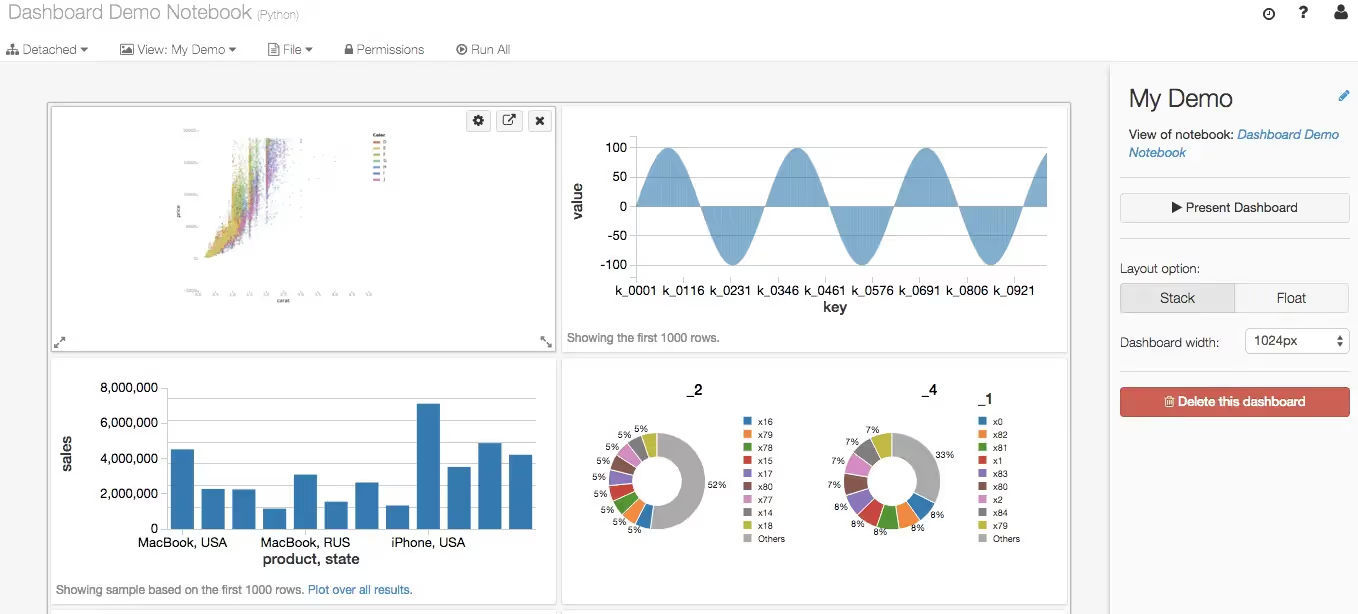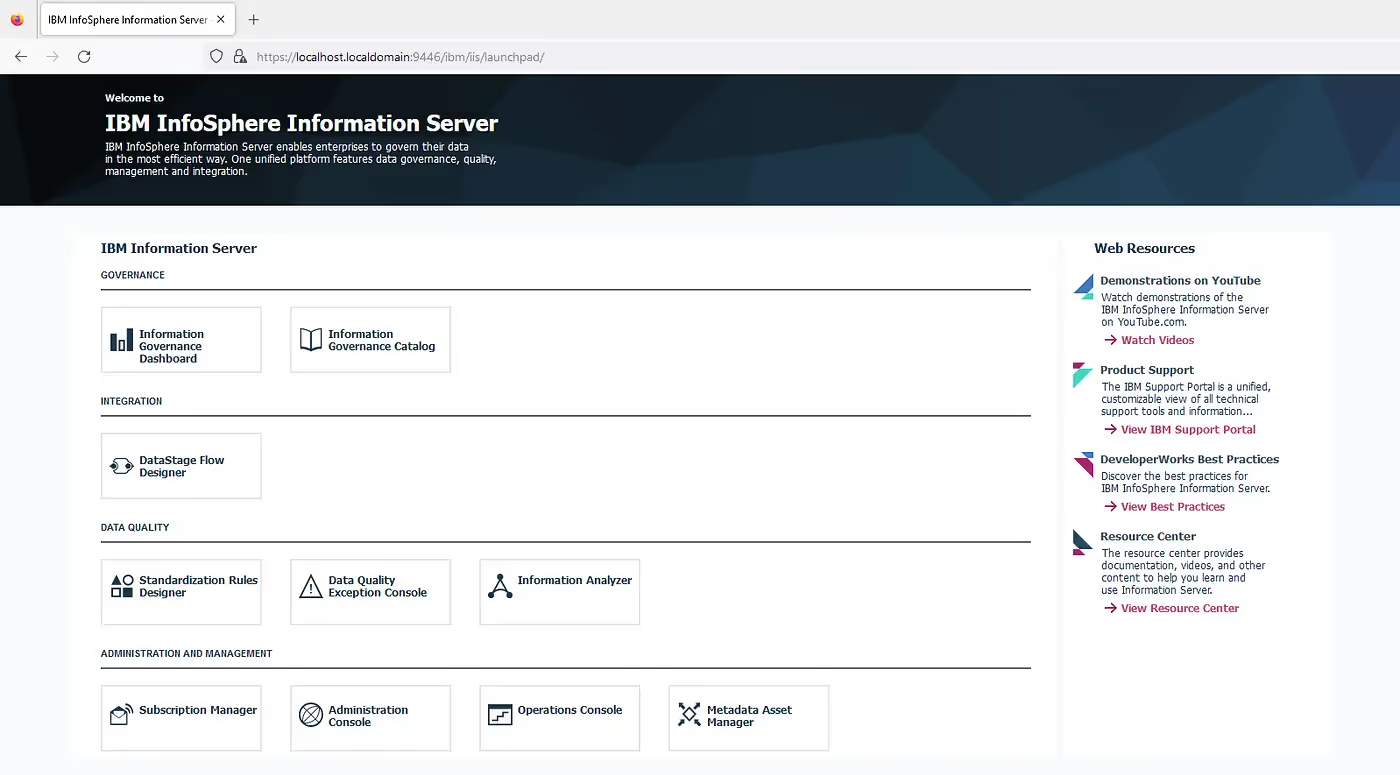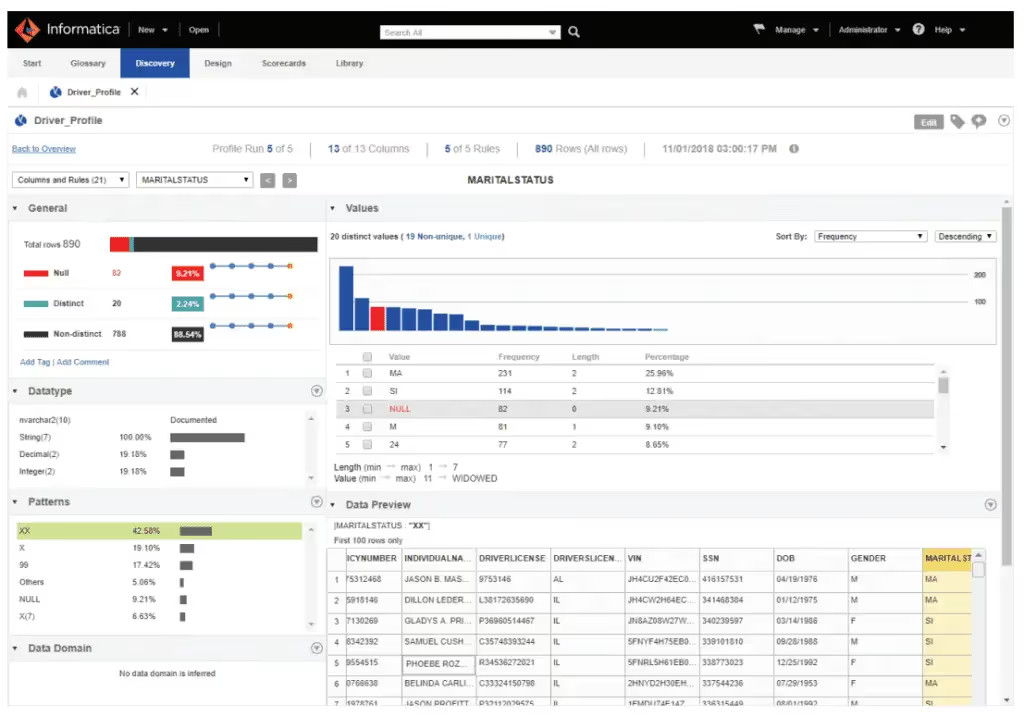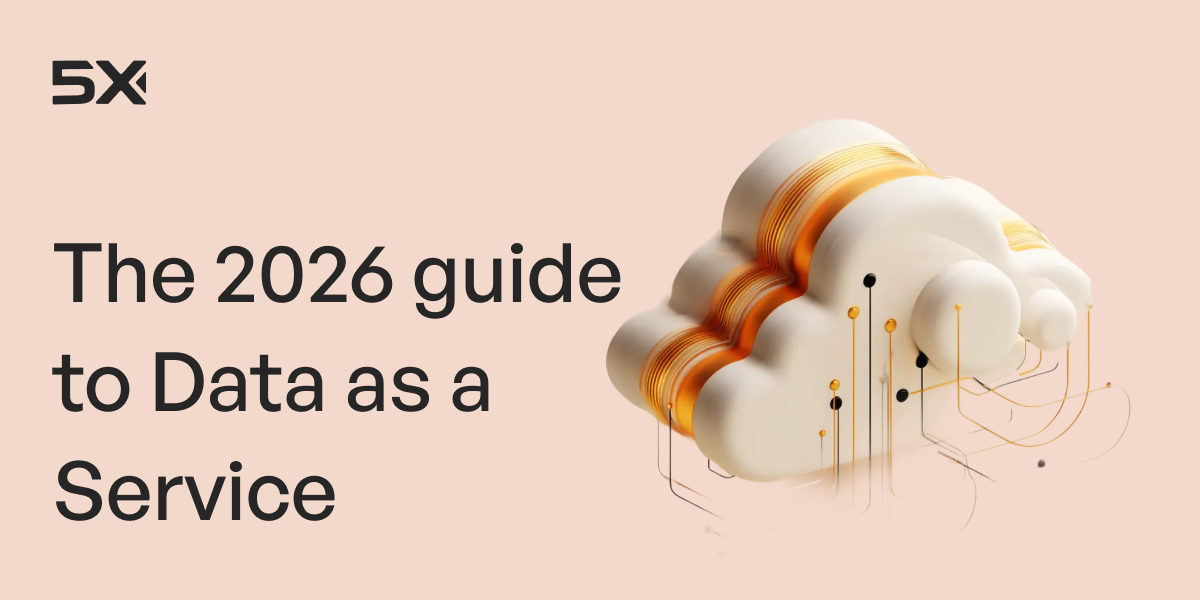Table of Contents
TL; DR
We live in a data-driven world where organizations make decisions faster than a cup of coffee cools. The secret behind staying ahead of the curve? Spoiler alert: it’s more than just caffeine. The real game-changer is data readiness and readiness insights.
Organizations that have digital readiness checks make better decisions and keep operations running smoothly. In this blog, we’ll walk you through the top 6 data readiness tools that will have your team breezing through decision-making with confidence.
What are data readiness tools?
Data preparation software help manage and prepare large volumes of high-quality data by filtering out errors and inconsistencies. These tools don’t just clean the data, they also have a readiness tracker, so over time, they can provide accurate insights into its quality. This leads to better decision-making, allowing businesses to act with greater precision and speed.
Common use cases of data readiness tools across industries:
- Data Cleaning: Removes errors and duplicates for more accurate decision-making (essential in finance and healthcare).
- Predictive Analytics: Prepares data for forecasting trends and risks (widely used in retail and manufacturing).
- Compliance: Ensures data meets regulatory standards, reducing legal risks (commonly applied in finance and healthcare).
- Fraud Detection: Identifies anomalies to prevent fraud (important in finance and e-commerce).
Benefits of data readiness tools
For data teams, data readiness isn’t just about speed, volume, or pipeline uptime, it is also the core of everything. Data readiness gives you clean, structured, and centralized data that is ready for use in traditional BI, advanced analytics, and AI models. Think of it as the fuel powering the entire AI and large language model (LLM) ecosystem. If you don’t understand your data, neither will your AI.
Here’s why data readiness matters and why your organization should invest in it:
- Avoids delays: Data readiness tools accelerate analysis by filtering out incomplete or raw data, allowing teams to act quickly.
- Provides high-quality data: Ensures that teams have access to larger volumes of clean, structured data, which reduces silos and improves collaboration.
- Enhances decision-making: Well-prepared data enables businesses to make more accurate decisions and reduce guesswork.
- Supports regulatory compliance: These tools ensure data meets industry regulations, reducing the risk of legal issues.
- Boosts AI performance: Clean, well-organized data is critical for training accurate AI and machine learning models.
- Reduces operational inefficiencies: Automating data preparation tasks cuts down on manual effort, allowing teams to focus on strategic work.
- Improves cross-functional collaboration: With centralized data, teams from different departments can collaborate more effectively.
Top 6 data readiness tools
1. 5X
5X is a comprehensive data readiness software designed to simplify data management. It offers a full-stack solution that covers everything from data storage to orchestration.
.avif)
Key features:
- Data storage: Provides complete warehousing coverage with cost-effective and scalable storage. It works seamlessly with Snowflake, Redshift, and Databricks.
- Data ingestion: Powered by Fivetran and Gravity, 5X offers 500+ pre-built connectors, making ingestion simple. No need for coding—custom connectors can be built quickly for new data sources.
- Modeling: Uses dbt to schedule and manage jobs with SQL and Python models. It also integrates Git for version control and offers an IDE for querying, modeling, and orchestration. Data documentation is handled via dbt Docs, simplifying access to data.
- Orchestration: Orchestrate your data pipeline at any interval using scheduled cron timings or based on webhook triggers with Dagster.
Why is 5X the cost-effective option?
5X’s integrated services are around 25% of the cost of US-based consultancies and 70% cheaper than building an in-house team in America.
G2 Rating: 4.5/5

Cost: Pay as-you-go, no upfront costs
2. Databricks
Databricks, built on Apache Spark, has become a key player in data engineering and analytics. It’s known for its strong performance in handling large-scale data processing, but how does it measure up for data readiness?

Pros:
- Provides cloud data warehousing through a lakehouse architecture, with Databricks SQL for efficient ingestion.
- Integrates with Delta Lake and Apache Spark, offering Delta Live Tables for building pipelines and managing ETL processes.
- The newly launched Databricks AI/BI leverages a compound AI system, drawing insights from data across the platform.
Cons:
- Relies on third-party tools for scalable, low-code ingestion.
- Limited native ingestion capabilities, requiring additional tools (Auto Loader, COPY INTO).
- Lacks enterprise-grade modeling through dbt and doesn’t offer an enterprise-grade orchestrator.
- Custom development using Spark APIs or external libraries is limited.
- Complex pipelines often require external tools like Airflow or Luigi.
G2 rating: 4.6/5
Also read: 5X vs Databricks: A Comparison on Core Data Readiness
3. IBM InfoSphere Information Server for Data Quality
IBM InfoSphere Information Server for Data Quality ensures data is accurate, consistent, and reliable. This comprehensive platform is widely trusted for its advanced data quality tools.

Pros:
- Robust tools for cleansing, standardizing, and enriching data, ensuring high-quality datasets.
- Continuous monitoring and analysis of data quality to quickly identify issues.
- Provides data lineage tracking, making it easier to understand data dependencies and relationships.
Cons:
- Complex setup, especially in cloud environments, often requires expert configuration.
- Resource-intensive, potentially leading to performance issues if not properly tuned.
- Expensive, particularly for large-scale implementations, and technical support has been criticized for its complexity.
- May require external tools for advanced data orchestration.
G2 rating: 3.6/5
4. SAP Data Intelligence Cloud
SAP Data Intelligence Cloud transforms fragmented data into actionable insights. It connects and orchestrates data across the enterprise, ensuring that businesses can gain value from their data.

Pros:
- Excellent performance and scalability, especially for handling large datasets and generating business insights.
- Comprehensive features, including data warehousing, integration, workflow automation, and machine learning deployment.
- Offers seamless integration with third-party tools, low-code pipeline building, and API capabilities, making it easy to create cross-departmental dashboards.
Cons:
- Error logs are difficult to interpret, which can slow down troubleshooting.
- Outdated user interface, leading to a less intuitive experience.
- Installation process is complex and error-prone, often causing delays in onboarding.
G2 rating: 3.8/5
5. Informatica Data Quality
Informatica Data Quality is a robust solution for managing and ensuring high data quality across various business environments. This tool helps organizations profile, cleanse, and monitor data, making sure it meets quality standards for better decision-making. It integrates seamlessly with other platforms, supporting both technical and business users in maintaining accurate and consistent data.

Pros:
- Excellent data profiling features that quickly highlight anomalies and inconsistencies.
- Automates data quality checks, saving time on manual processes.
- Customizable rules for cleansing and validating data, improving overall governance.
- User-friendly interface suitable for both technical and non-technical users.
Cons:
- Some complex configurations may require technical expertise.
- It can be resource-intensive, especially when dealing with large data sets.
- High licensing costs could be a barrier for smaller businesses.
G2 Rating: 4.5/5
6. Google Cloud BigQuery (GBQ)
Google Cloud BigQuery (GBQ) offers a powerful and scalable warehousing solution. It’s known for its strong business intelligence features, but can it serve as your complete data readiness solution?
.avif)
Pros:
- Provides comprehensive warehousing coverage with scalable storage and compute capabilities.
- Seamless integration with Looker Studio and Enterprise Looker, offering end-to-end business intelligence solutions.
Cons:
- Error handling is challenging and requires technical expertise for JavaScript configurations.
- Additional setup is needed for data orchestration tools like Cloud Composer or Cloud Functions.
- Limited data source connectors, requiring manual setup and coding for various sources.
- The cost of building data pipelines in GCP can escalate quickly, especially with multiple services (Dataflow, Pub/Sub) in use.
Pricing: Starts at $0.06 per slot hour for enterprise and pay-as-you-go for startups
G2 Rating: 4.5/5
Also read: 5X vs GBQ: Who wins the data readiness game?
How to assess your organization's data readiness
Assessing your organization's data readiness is critical for ensuring that your data supports both daily operations and long-term strategies. To determine if your business is data-ready, start by asking these key questions:
- Is your data clean and structured? Ensure your data is free from errors, duplicates, and inconsistencies.
- Are you using the right tools? Evaluate whether you have the right tools in place to manage data ingestion, storage, and quality.
- Is your data centralized and accessible? Centralized, structured data is key to enabling cross-functional collaboration and advanced analytics.
By regularly assessing these factors, your organization can identify gaps in its digital readiness check and implement the right solutions to stay ahead in the data-driven world. This way, you’re a data-ready organization and the coffee stays warm as you make your decisions.
Building a data platform doesn’t have to be hectic. Spending over four months and 20% dev time just to set up your data platform is ridiculous. Make 5X your data partner with faster setups, lower upfront costs, and 0% dev time. Let your data engineering team focus on actioning insights, not building infrastructure ;)
Book a free consultationHere are some next steps you can take:
- Want to see it in action? Request a free demo.
- Want more guidance on using Preset via 5X? Explore our Help Docs.
- Ready to consolidate your data pipeline? Chat with us now.

How retail leaders unlock hidden profits and 10% margins
Retailers are sitting on untapped profit opportunities—through pricing, inventory, and procurement. Find out how to uncover these hidden gains in our free webinar.
Save your spot








%201.svg)

.png)
.png)






